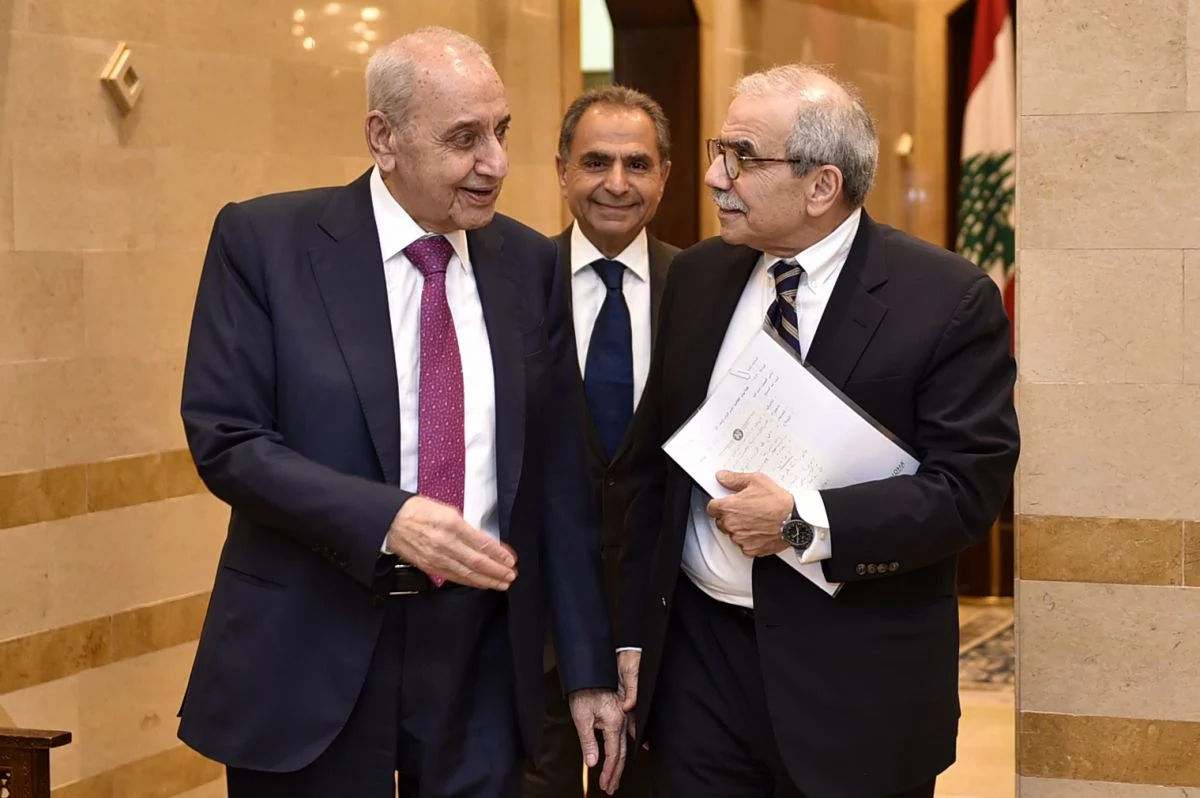Prime Minister-Designate of Lebanon Nawaf Salam highlighted that he is working day and night on the formation of the upcoming Lebanese government, after more than two years of presidential vacuum and the presence of the caretaker government headed by Prime Minister Najib Mikati.
In his speech to the press, Salam emphasized that the government is not a “cake” to be shared by political groups in Lebanon. He provided a metaphor whereby he rejected being treated similar to a “mailbox”, whereby each party sends forth their desired executive positions or ministerial portfolios to control.
Among the many contested portfolios is that of the Ministry of Finance, which has historically been dominated by Hezbollah and the Amal Movement. In his address, Salam asserted that the Ministry is not exclusive to any sect. At the same time, however, he added that it is also not off-limits to any party.
The Ministry of Finance is crucial for a number of different functions, including but not limited to the presentation of the 2025 governmental budget, the regulation of crucial economic and financial files, and the wider public financial management of the state which has been plagued with a lack of transparency, problematic financial practices and ineffective administrative mechanisms.
A New Model of Governance?
Salam stressed that he would be following the path of the constitution in his deliberations for government formation.
The question remains whether Salam is able to push through the pressures of traditional political parties, both those who opposed him and those who voiced their support for the Prime Minister-designate.
The government formation is crucial not only for the top-level designations of the heads of ministries, but also for the thousands of appointments of first-class and second-class employees.
These include the new Commander-in-Chief of the Lebanese Armed Forces (after the implicit resignation of Joseph Aoun since his election as president), the General Manager of the Ministry of Finance and the Central Bank Governor, among many others.
The new government would stand at a series of important tests, all of which fall under one overarching title: the ability to implement a new model of governance and political economy.
Despite the radical changes that Lebanon and the region have witnessed during the last years, the structure of what can be called the “deep state” and the governance of the country remain largely unchanged.
The logic of quotas in the division of public positions remains the dominant one, while the bureaucrats and everyday administrative functions remain affiliated to traditional parties with large disregard to the competence of such employees or their vision for the country’s major public institutions.
Salam’s major test is passing through one of its hardest stages. Will he be able to instill a new form of governance based on values of sustainability, equality and inclusivity?


